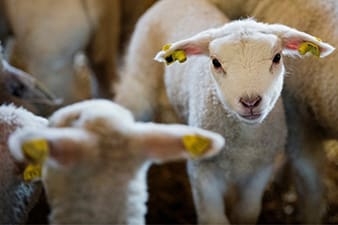This section explores how conscious choices, food system transformation, and rethinking production methods can lead us toward a more sustainable and compassionate future. It highlights approaches that not only reduce animal suffering but also help regenerate the planet, lower our environmental footprint, and promote human health. In a world where industrial animal farming drives climate and ecological crises, the need for bold and systemic solutions has never been more urgent.
From plant-based diets and regenerative agriculture to emerging food technologies like cultivated meat and forward-thinking global policies, this category presents a wide range of practical pathways. These solutions are not utopian ideals—they are tangible strategies for reshaping a broken food system. One that can nourish people without exploiting animals, depleting nature, or worsening global inequality.
Sustainability is more than just an environmental goal; it forms the foundation for building an ethical, healthy, and equitable future for all living beings on this planet. It challenges us to rethink our relationship with nature, animals, and each other, emphasizing responsibility and compassion as guiding principles. This category invites us to envision a world where our individual choices and collective actions become powerful drivers of healing, restoration, and balance—rather than contributors to ongoing destruction and inequality. Through increased awareness, deliberate commitment, and global cooperation, we have the opportunity to transform systems, rebuild ecosystems, and create a future that nurtures both people and the planet. It is a call to move beyond temporary fixes and towards lasting change that honors the interconnectedness of all life.
The global shift toward reducing meat consumption is more than a dietary trend—it’s an economic opportunity with transformative potential. As concerns over climate change, public health, and ethical food production grow, cutting back on meat offers a pathway to significant cost savings, resource efficiency, and job creation in emerging industries like plant-based proteins and sustainable agriculture. Beyond mitigating environmental damage and reducing healthcare expenses tied to diet-related diseases, this transition unlocks innovation across the food sector while easing pressure on natural resources. By embracing this shift, societies can build a healthier economy and planet. The question isn’t just about feasibility—it’s about necessity for long-term prosperity




















































